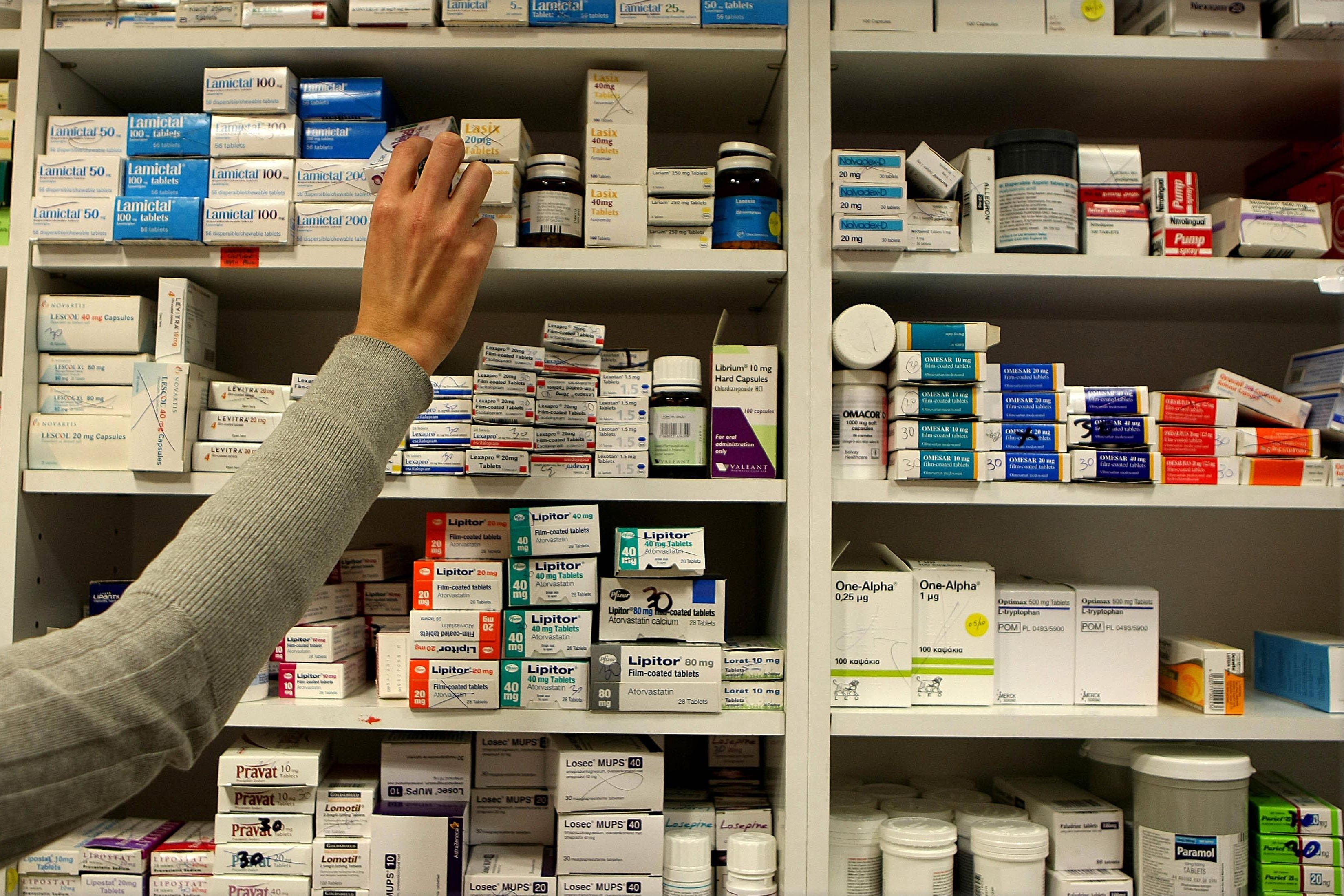Ovarian cancer could be spotted with loyalty cards
Ovarian cancer is known as the ‘silent killer’ because it is often caught too late - once the tumour has already spread

Ovarian cancer could be detected eight months before diagnosis using loyalty card data on over-the-counter pills, according to new research.
Purchases of pain and indigestion medications are higher in women subsequently diagnosed with the disease.
Ovarian cancer is known as the ‘silent killer’ because it is often caught too late - once the tumour has already spread.
Lead author Dr James Flanagan, of Imperial College London, said: “The cancer symptoms we are looking for are very common, but for some women, they could be the first signs of something more serious.
“Using shopping data, our study found a noticeable increase in purchases of pain and indigestion medications among women with ovarian cancer up to eight months before diagnosis, compared with women without ovarian cancer.
“This suggests that long before women have recognised their symptoms as alarming enough to go to the GP, they may be treating them at home.
“As we know early diagnosis of ovarian cancer is key to improving chances of survival, we hope this research can lead to ovarian cancer symptoms being picked up earlier and improve patients’ options for treatment.”
The finding published in JMIR Public Health and Surveillance is based on almost 300 participants tracked for six years.
Ovarian cancer strikes 7,400 women in the UK annually, claiming more than 4,000 lives a year.
Currently only around a third of women are diagnosed early - when chances of survival soar.
Dr Flanagan’s team analysed loyalty card data on 283 shoppers from two UK based high street retailers - 153 of whom had been diagnosed with ovarian cancer.
On average, patients began to recognise symptoms four and a half months before diagnosis - and visit their GP about a month later.
Dr David Crosby, head of prevention and early detection research at Cancer Research UK, said: “Today, in the digital age, we live with a wealth of data at our fingertips. Studies like this are a great example of how we can harness this information for good and help us detect cancer earlier.
“It is incredible to think this innovative study using loyalty cards, something most of us carry in our wallets, could help women with ovarian cancer which is often diagnosed late and mimics the symptoms of other, more benign conditions.”
A fifth of patients are diagnosed in A&E and many do not receive any treatment because they are too unwell.
Ovarian cancer is the sixth most common cancer in the UK. If identified at the earliest opportunity, stage 1, the survival rate is 93 percent - plunging to just 13 percent at the latest stage 4.
The researchers hope larger trials with patients diagnosed at different stages will be able to support and strengthen the results.
It could lead to developing an alert system for individuals to help them to seek medical attention for symptoms of cancer, or other diseases, sooner than they might otherwise do.
Cancer Research UK is continuing to fund investigations into the link between over-the-counter products and cancers of the stomach, liver and bladder - all of which also have non-specific symptoms.
Dr Crosby said: “Whilst further research with more patients is needed, this study indicates exciting potential for a new way to detect cancer earlier and save lives.”
Women were able to participate if they were over 18, were happy for their loyalty card data to be used and agreed to complete a short questionnaire.
Fiona Murphy, an ovarian cancer patient representative who helped develop the study, said: “I lived on Gaviscon for 18 months prior to my ovarian cancer diagnosis, it went everywhere with me due to severe acid reflux.
“Had this been associated with ovarian cancer, I would have had a faster diagnosis, far less surgeries and better fertility options.
“I wanted to help with developing this study because I had the wrong diagnosis for nearly two years. If there is a way to get an earlier diagnosis, I want to help people who are in the same position I was in.”
Fiona was diagnosed with mucinous ovarian cancer in 2008 after being symptomatic for nearly two years. She was not one of the study participants.
Join our commenting forum
Join thought-provoking conversations, follow other Independent readers and see their replies
Comments


Bookmark popover
Removed from bookmarks